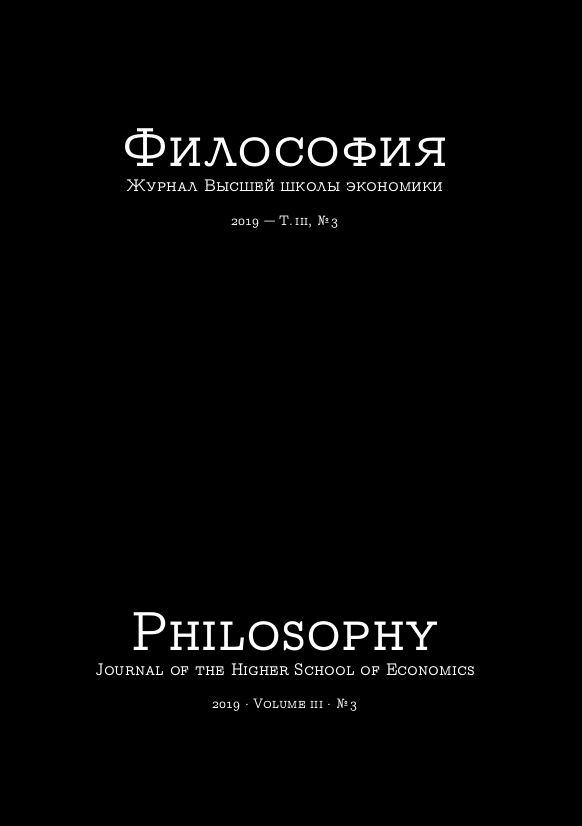An Argument for the Prima Facie Wrongness of Having Propositional Faith
Abstract
W. K. Clifford famously argued that it is “wrong always, everywhere and for anyone, to believe anything upon insufficient evidence”. Though the spirit of this claim resonates with me, the letter does not. To wit, I am inclined to think that it is not morally wrong for, say, an elderly woman on her death bed to believe privately that she is going to heaven even if she does so on insufficient evidence — indeed, and lest there be any confusion, even if the woman herselfdeems the evidence for her so believing to be insufficient. After all, her believing so does not appear to endanger, harm, or violate the rights of anyone, nor does it make the world a worse place in a significant, if any, way. That Clifford might have put too fine a point on the matter, however, does not entail that there are no conditions under which it is wrong to believe something upon insufficient evidence. In this paper, I argue that in cases where believing a proposition (read: believing a proposition to be true) will affect others, it is prima faciewrong to have propositional faith — for present purposes, to believe the proposition despite deeming the evidence for one's believing to be insufficient — before one has attempted to believe the proposition by proportioning one's belief to the evidence.






